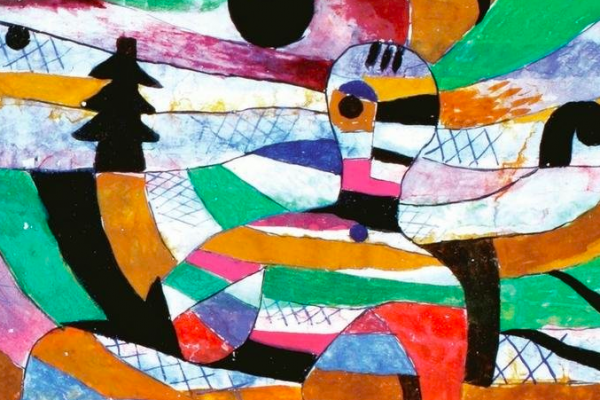The Babies
Sabrina Orah Mark
Saturnalia Books, $14 (paper)
Sabrina Orah Mark’s debut collection is uncommonly taut, an achievement made all the more remarkable given that its poems are anything but spare. Taking aftermath as their origin, these prose poems are variously populated with the fallout of a haunted imagination: walk-on characters (Bewilder, Brunibar, Asa), the specters of the World Wars (“the fuhrer’s beautiful hands”; “the soldier’s gold teeth”; “the devastated walls of this cheap metropolis”), and, of course, the babies of the book’s title, whose eerie recurrences throughout the book suggest a horror best left unspecified (“It is a feeling like what, at the end, happened to the babies”). It is easy to see how such heavily fraught subject matter runs the risk of lapsing—despite Mark’s practiced levity—into melodrama here and there (“For you to feel their beak marks would be everything”). Sometimes Mark resorts too quickly to the tricks up her sleeve: dramatis personae keep cropping up (“They call me Zillah”; “Call me Berlin”), and the emotional impact of “They kneeled inside me and called me a Jew” is undermined by repeated use of the same marsupial surrealist effect (“We hold our children in our mouths”; “Brunibar unscrews his wooden foot, and I climb gently inside”). But more often than not, Mark’s voice chills with its restraint, evoking terror through disruption and diminishment rather than through crescendo. “Hello” ends mid-sentence (“Let us tell you what it’s like to be Zillah . . . It’s like”), and elsewhere lakes are guarded, roads to town are closed, and animals cannot be heard. This muffling of scene and sound is mirrored in the speaker’s often-unnerving control (“I did not fear them until I wanted to be afraid”), but Mark also shows us that will can only govern so much. Even in this blighted landscape, love appears, intractable as ever: “I continued to love Walter B. . . ., as one loves a child who has taken the place of another”; “He said, a starving octopus has been known to eat her own heart.”





